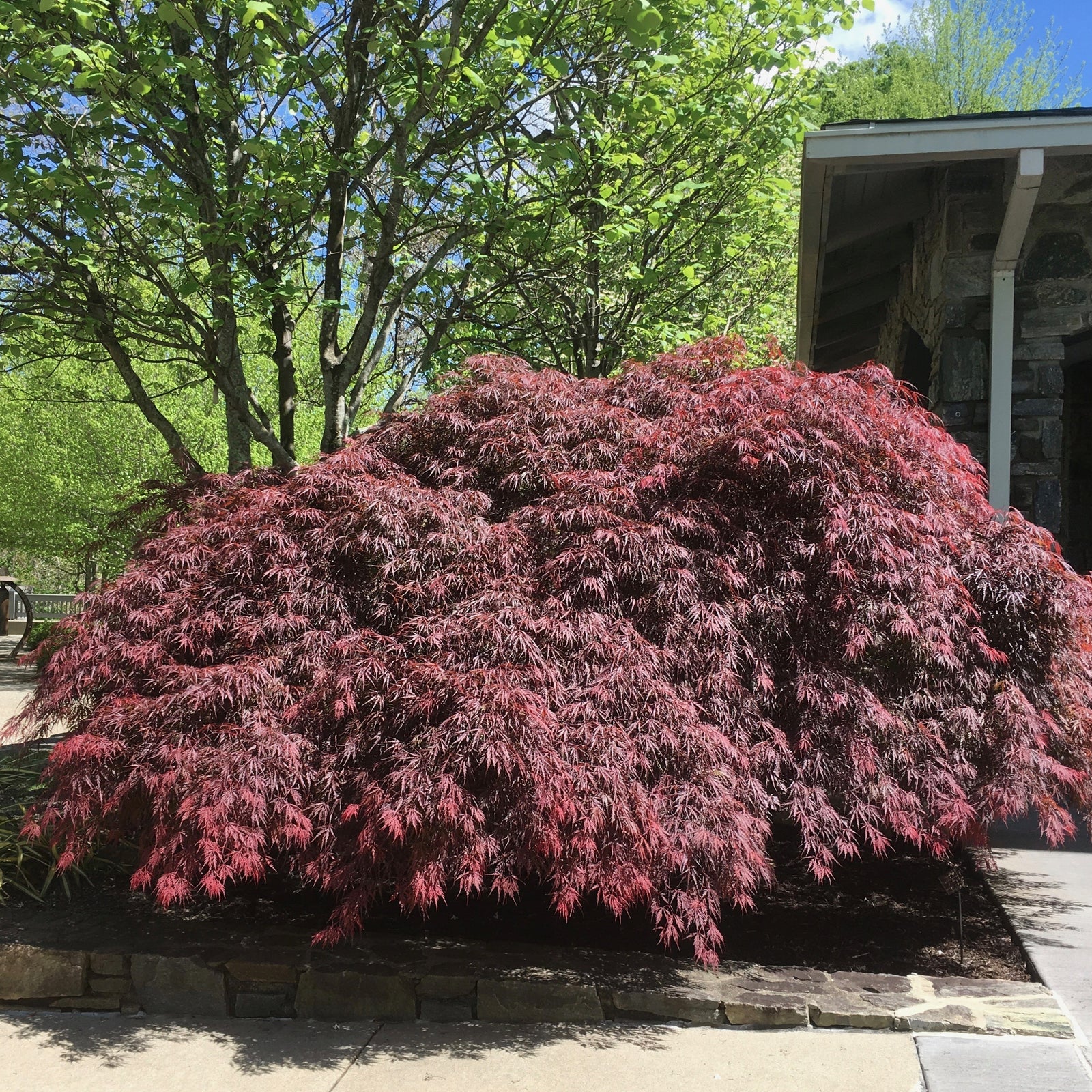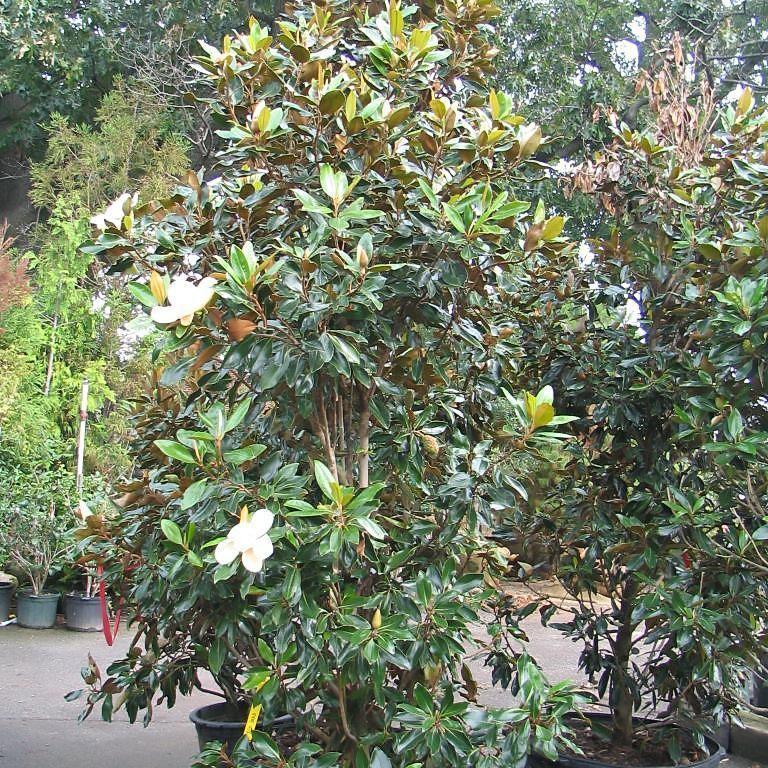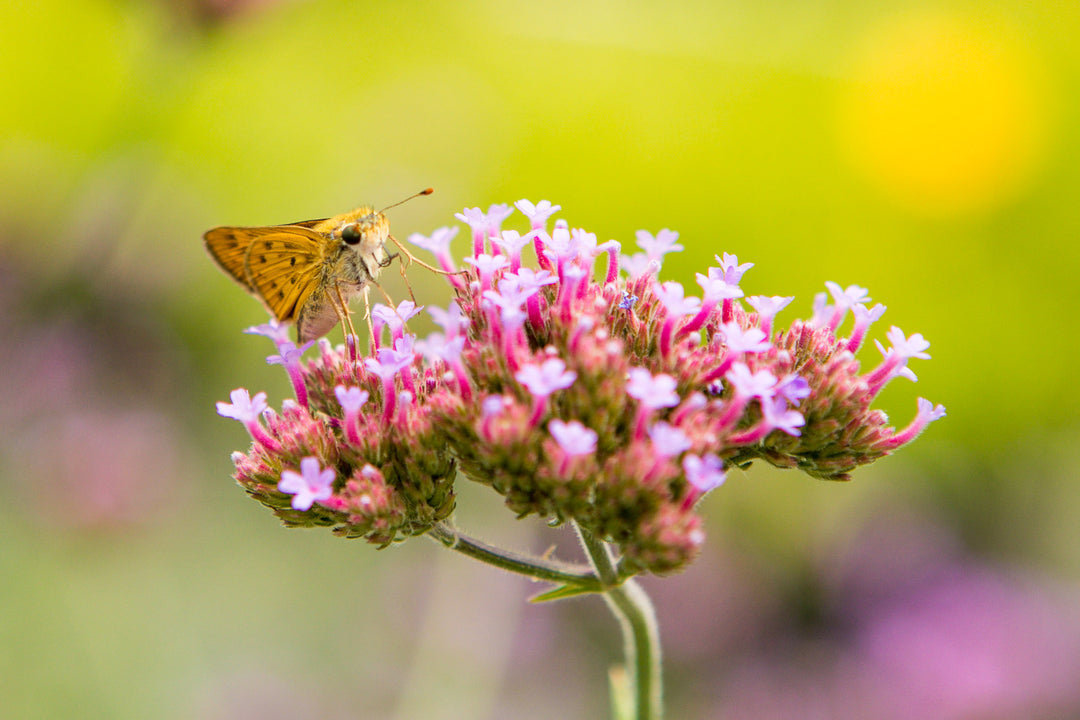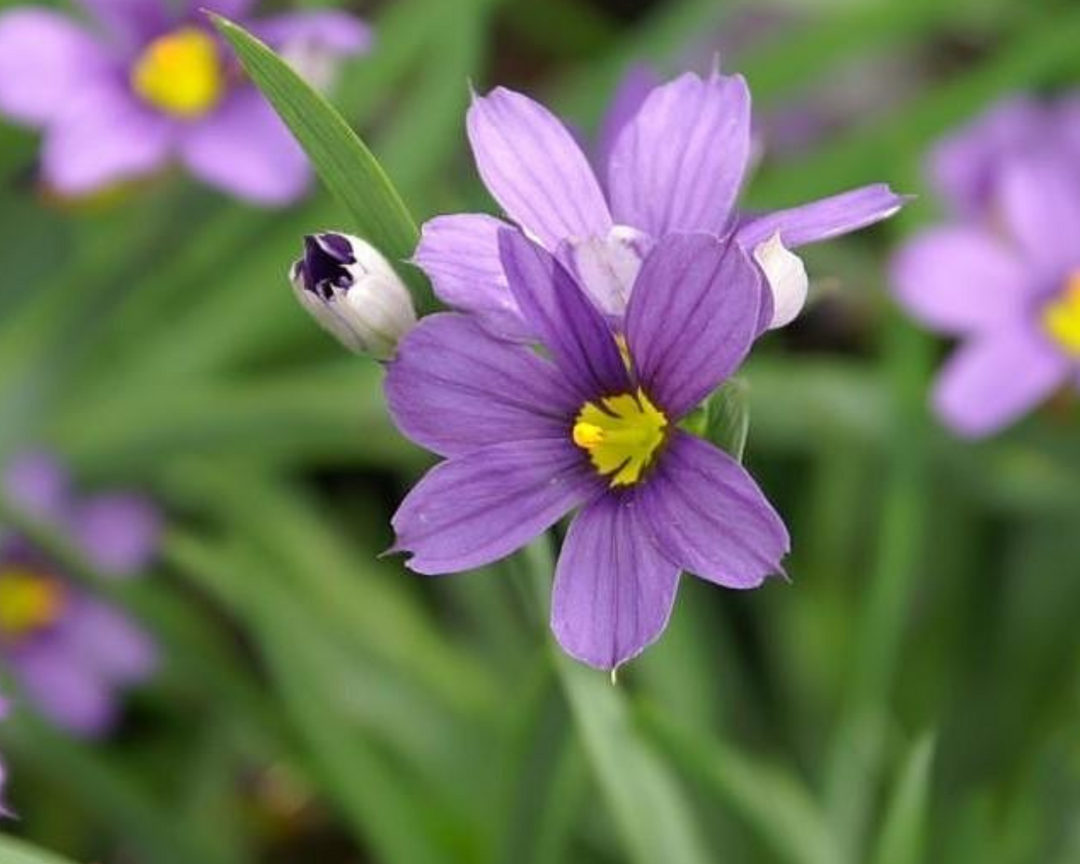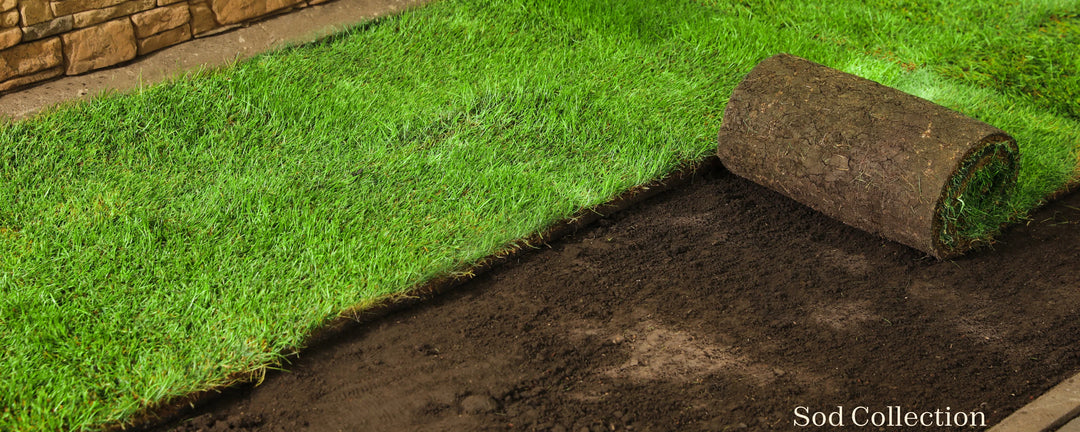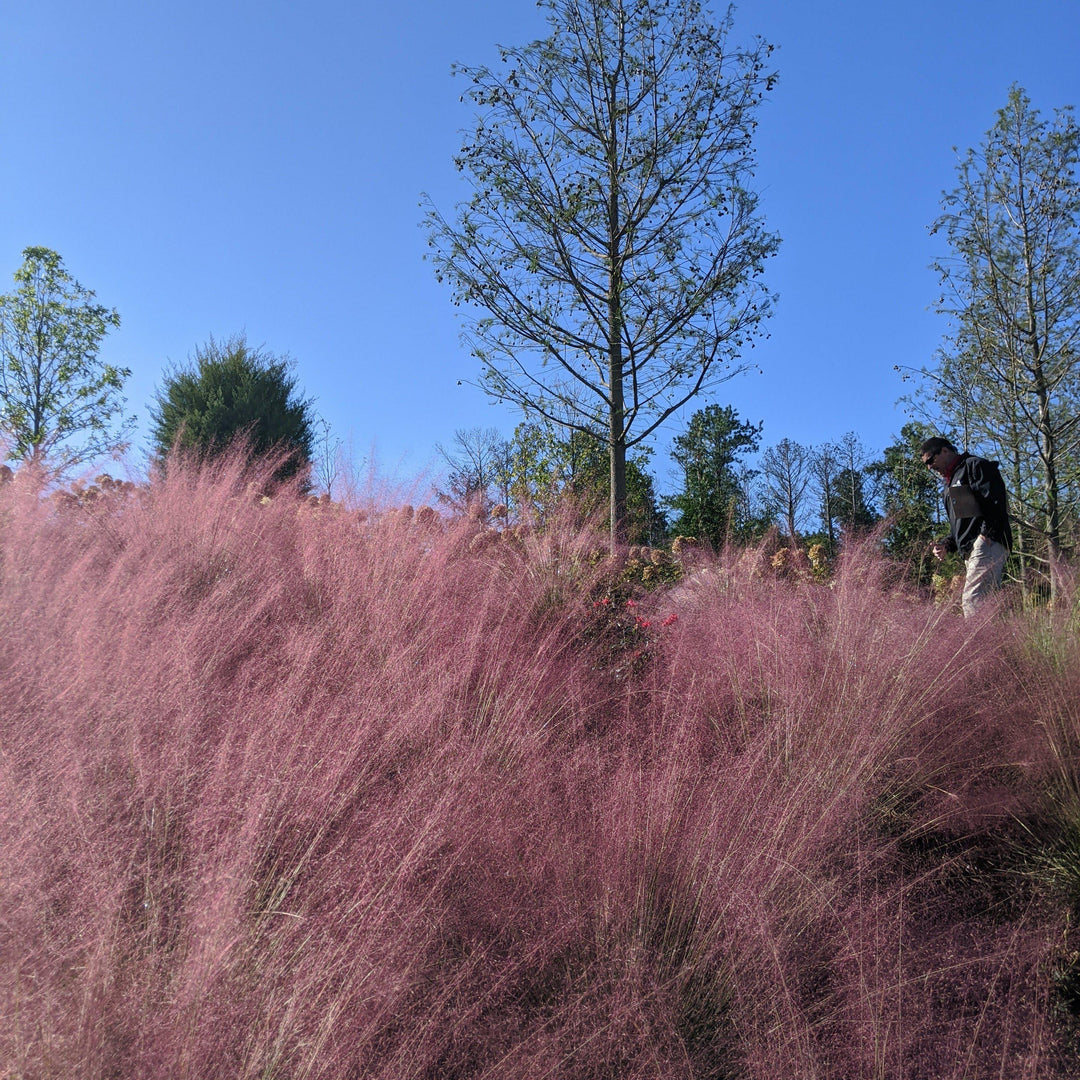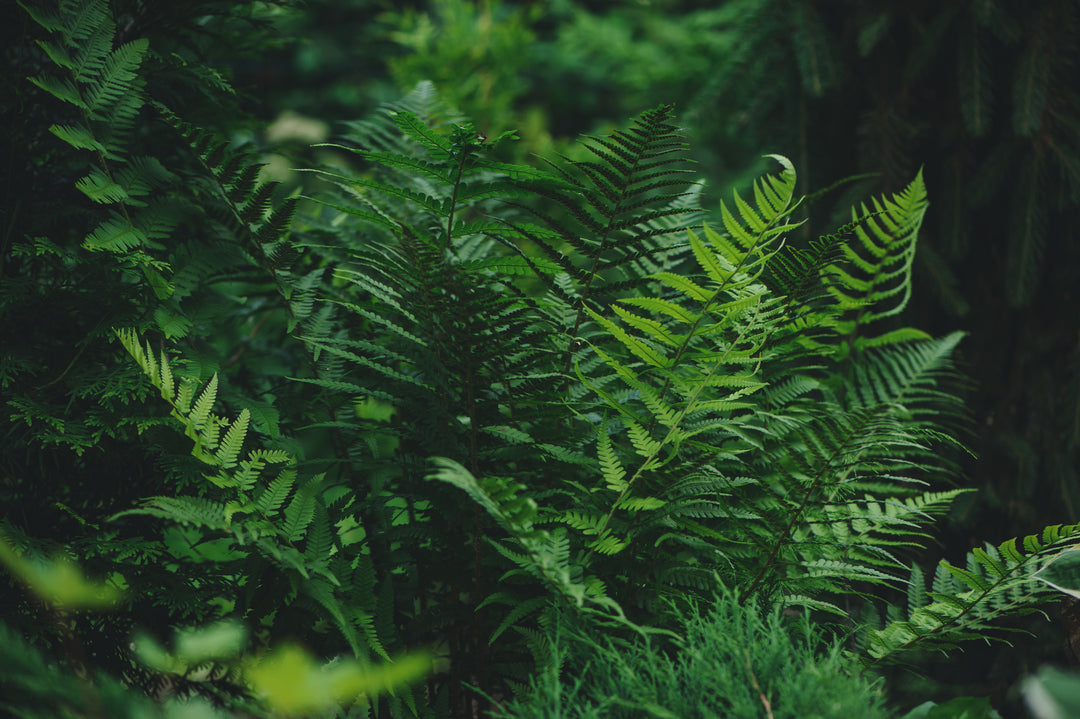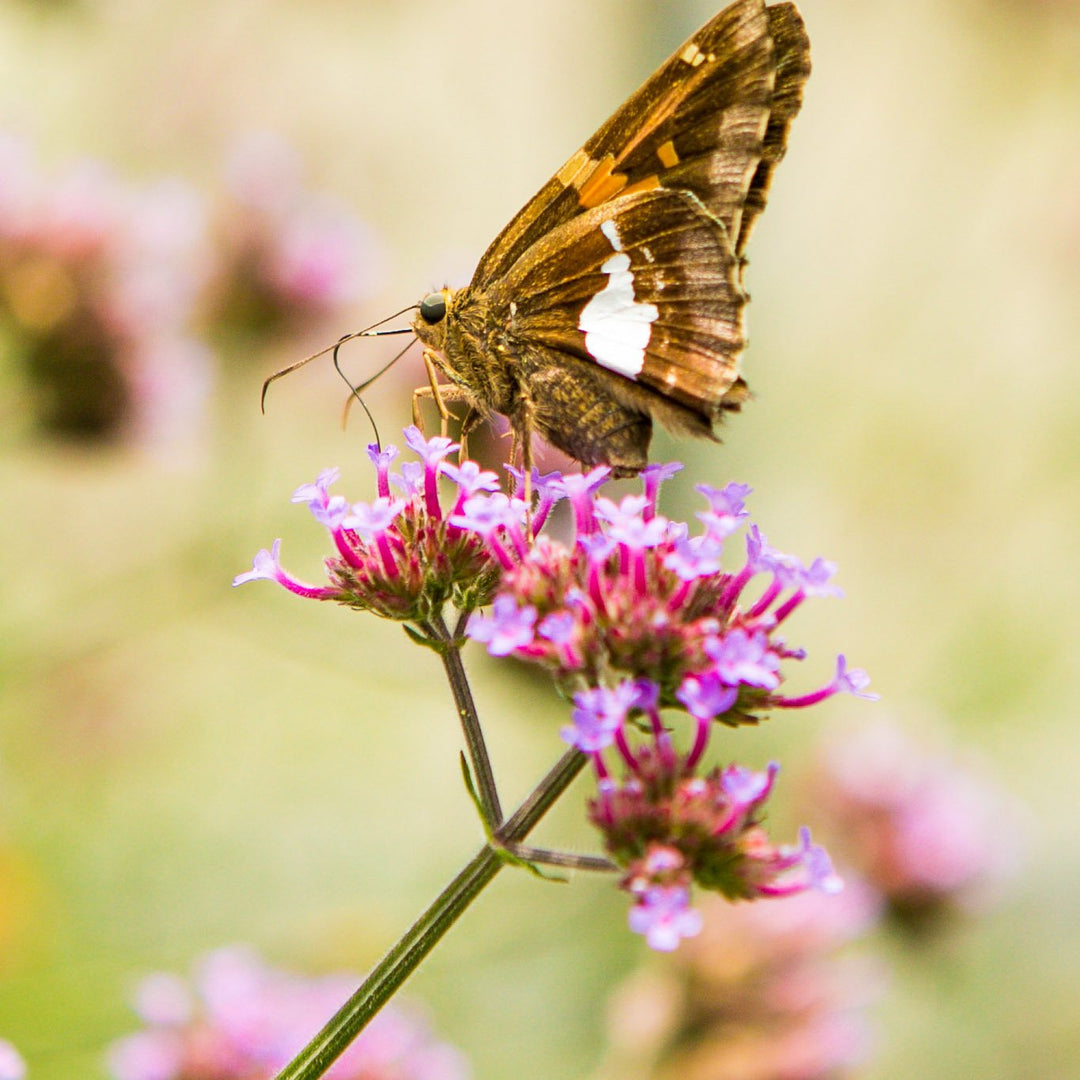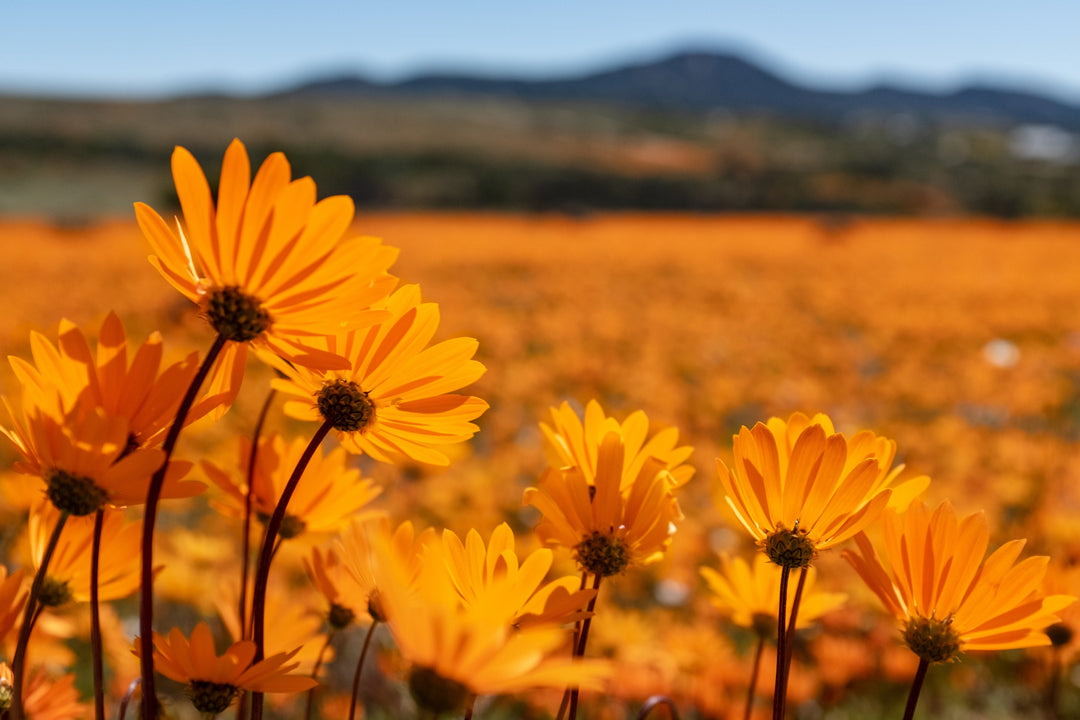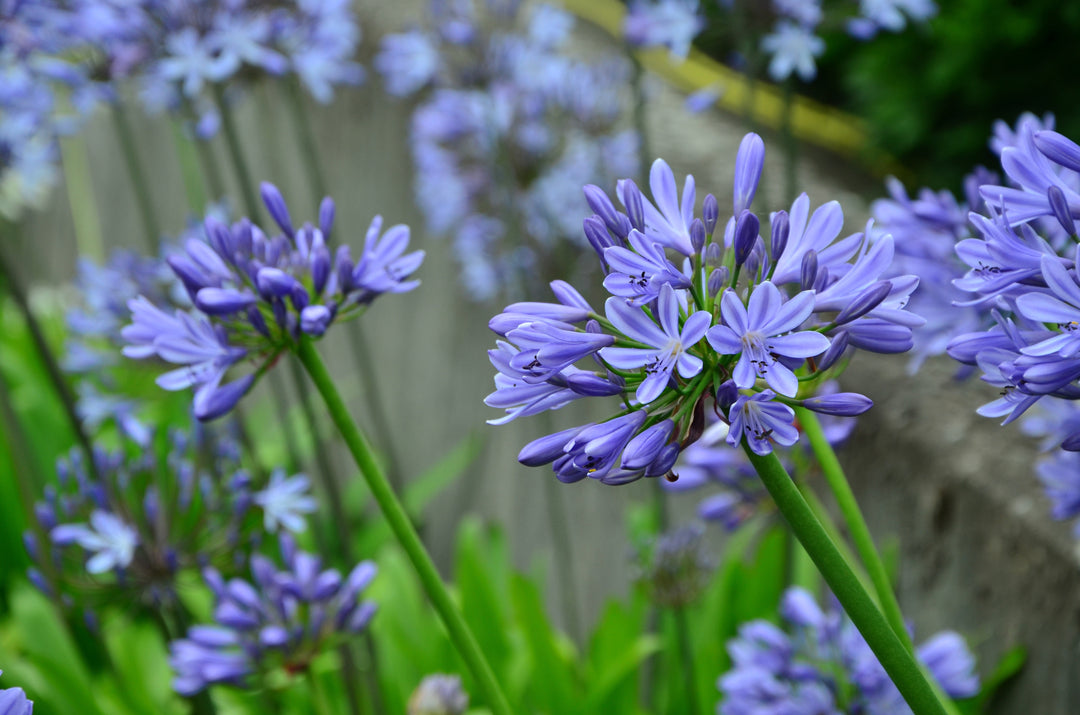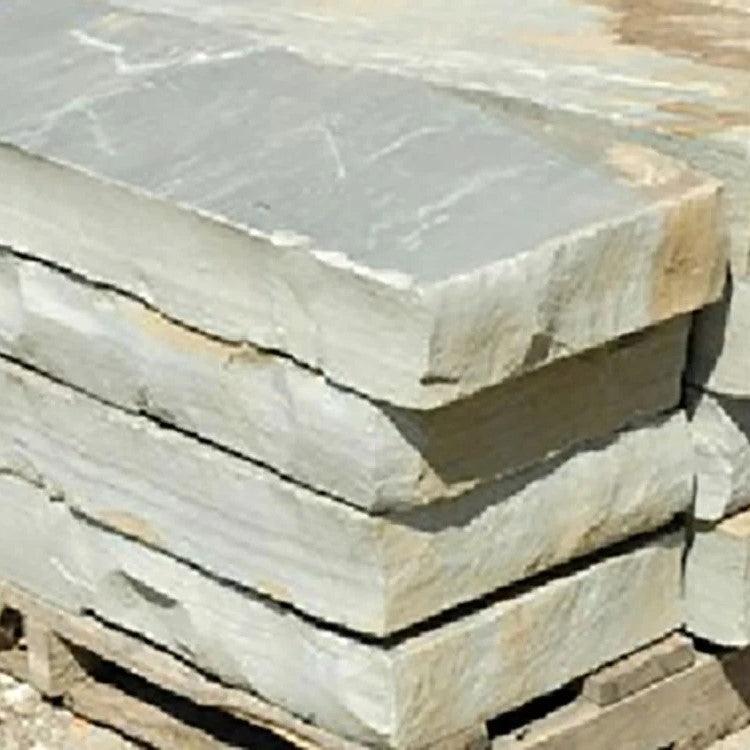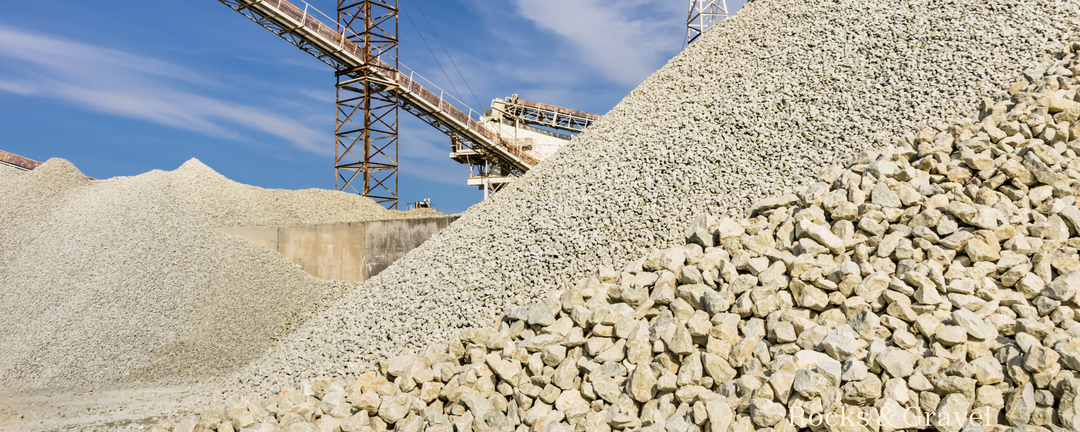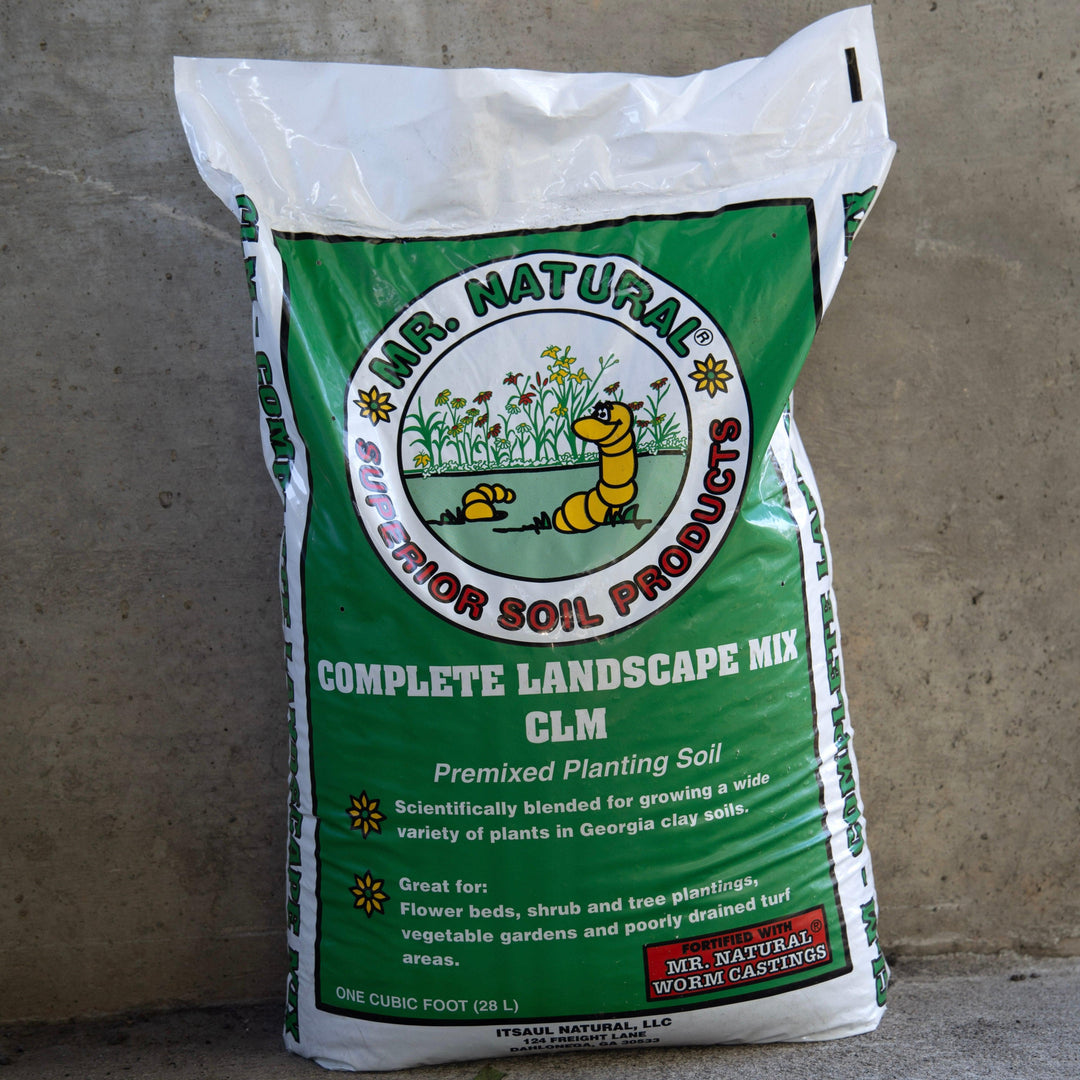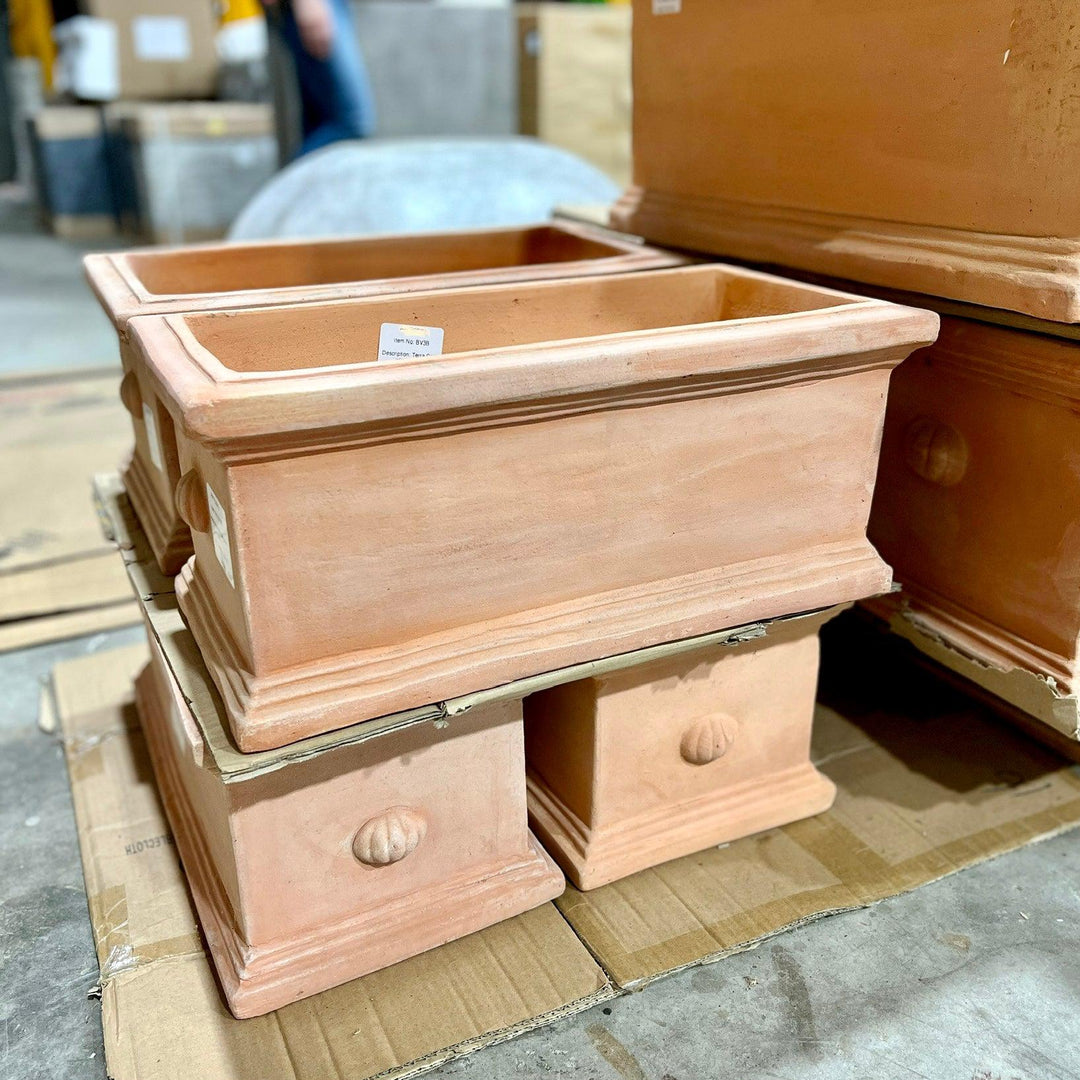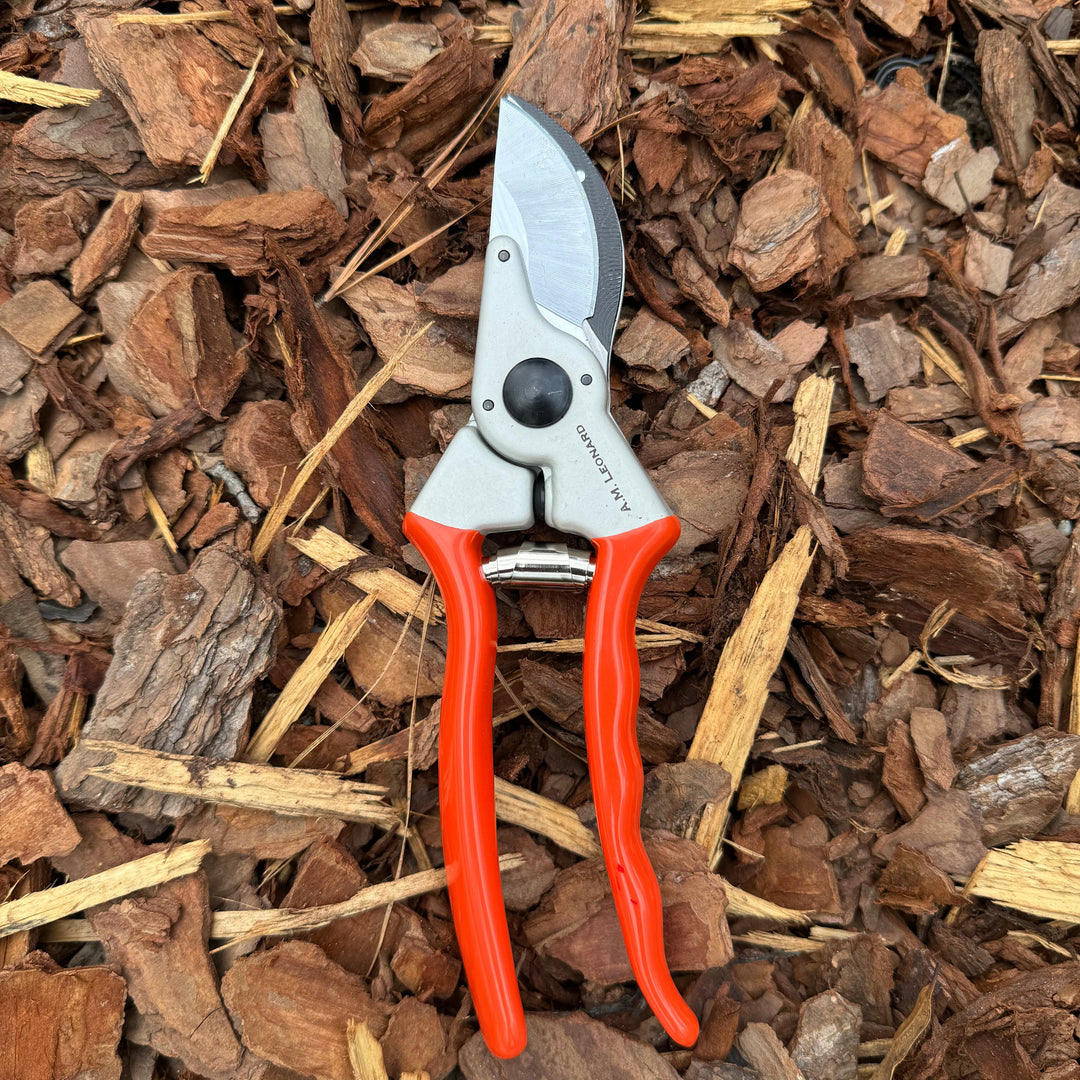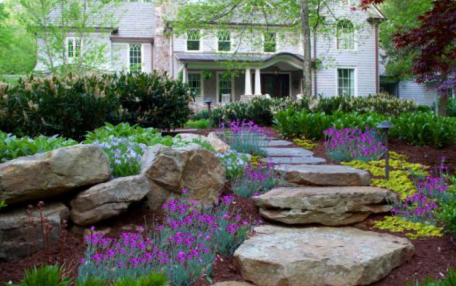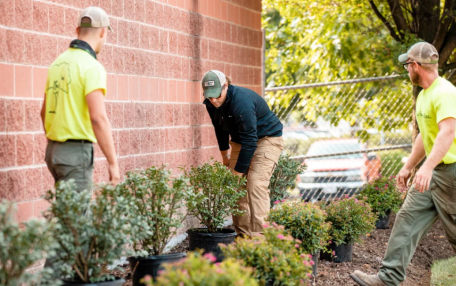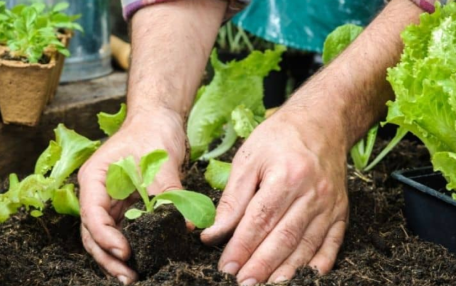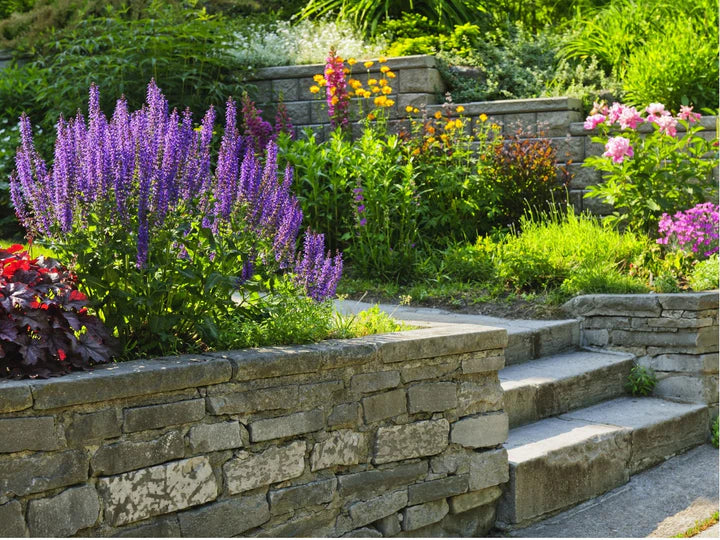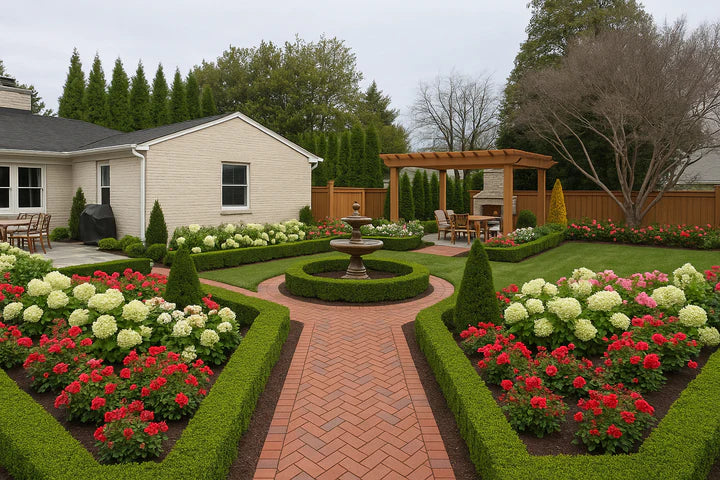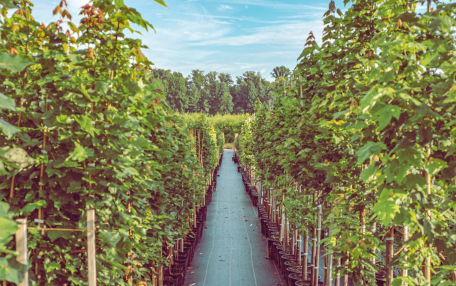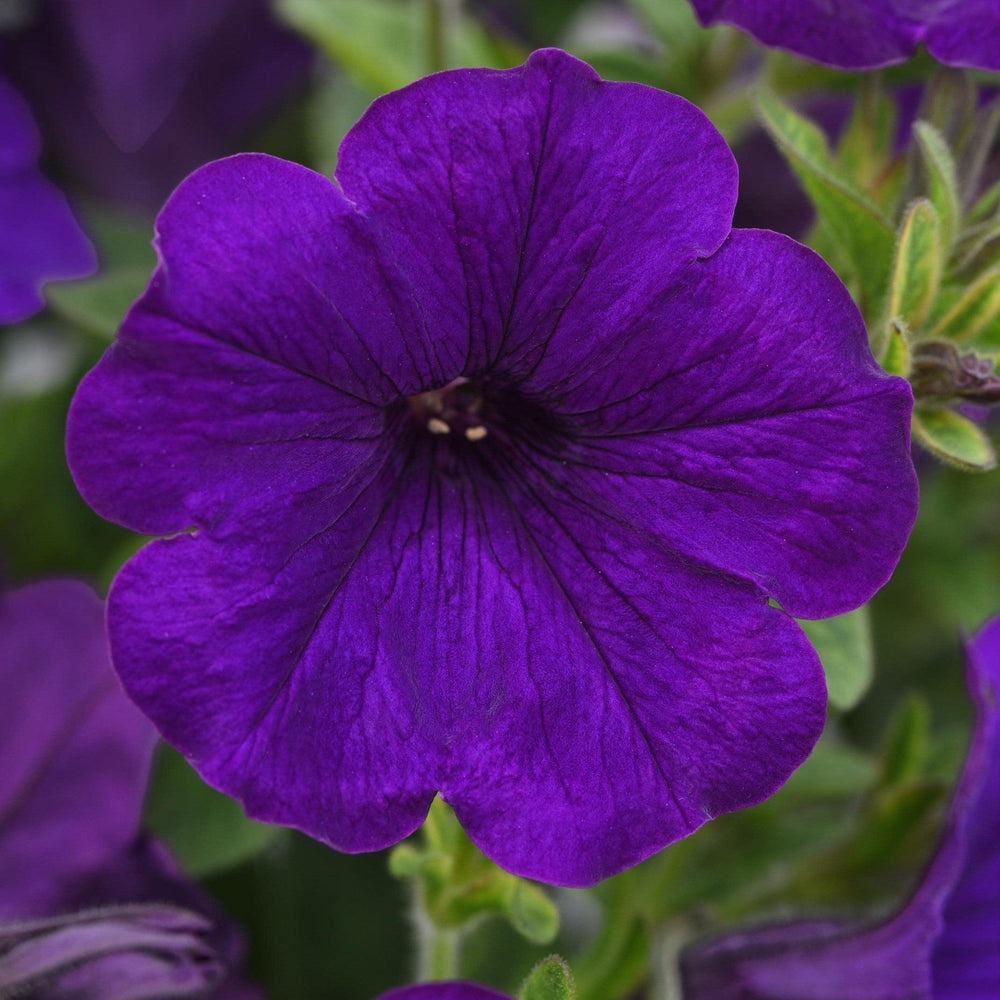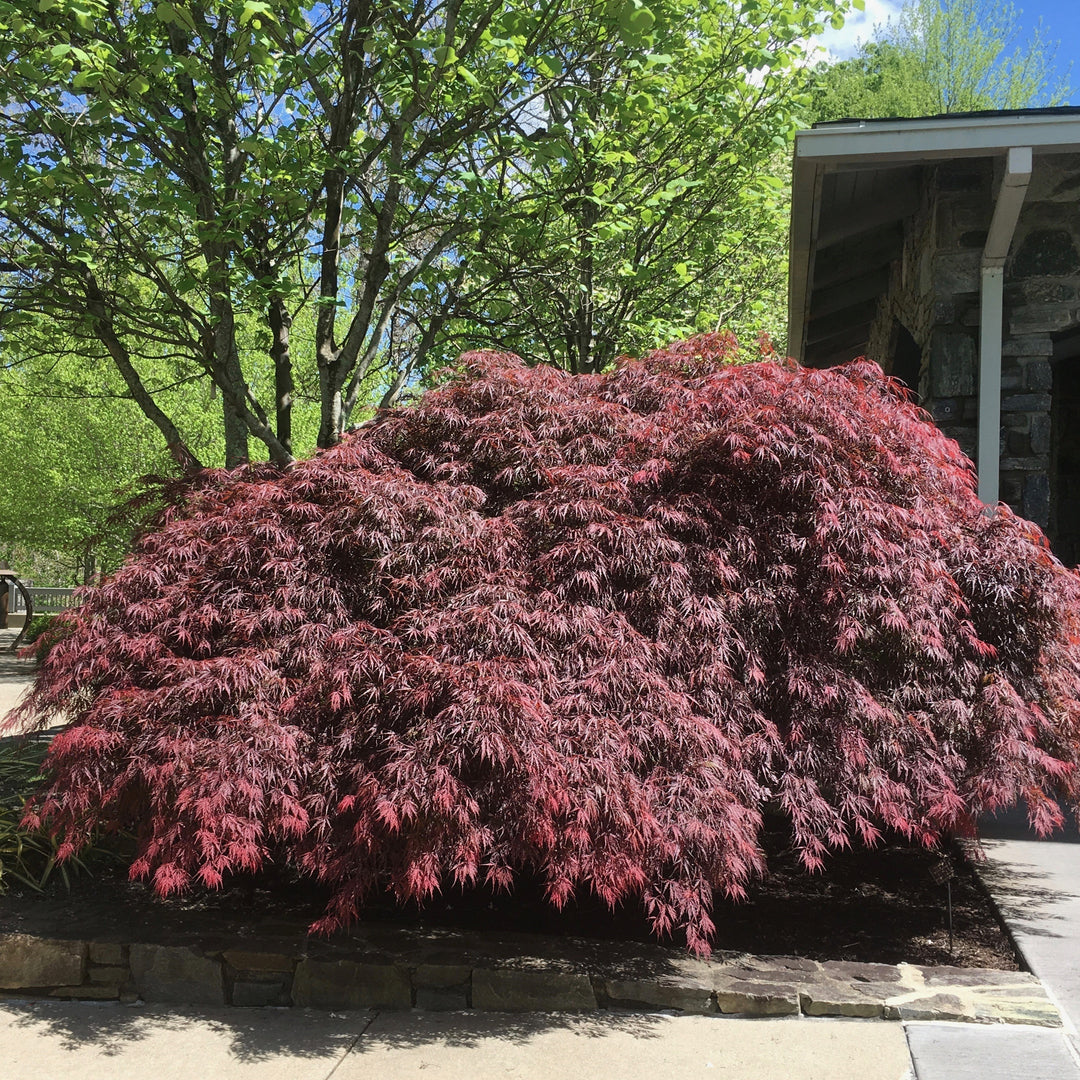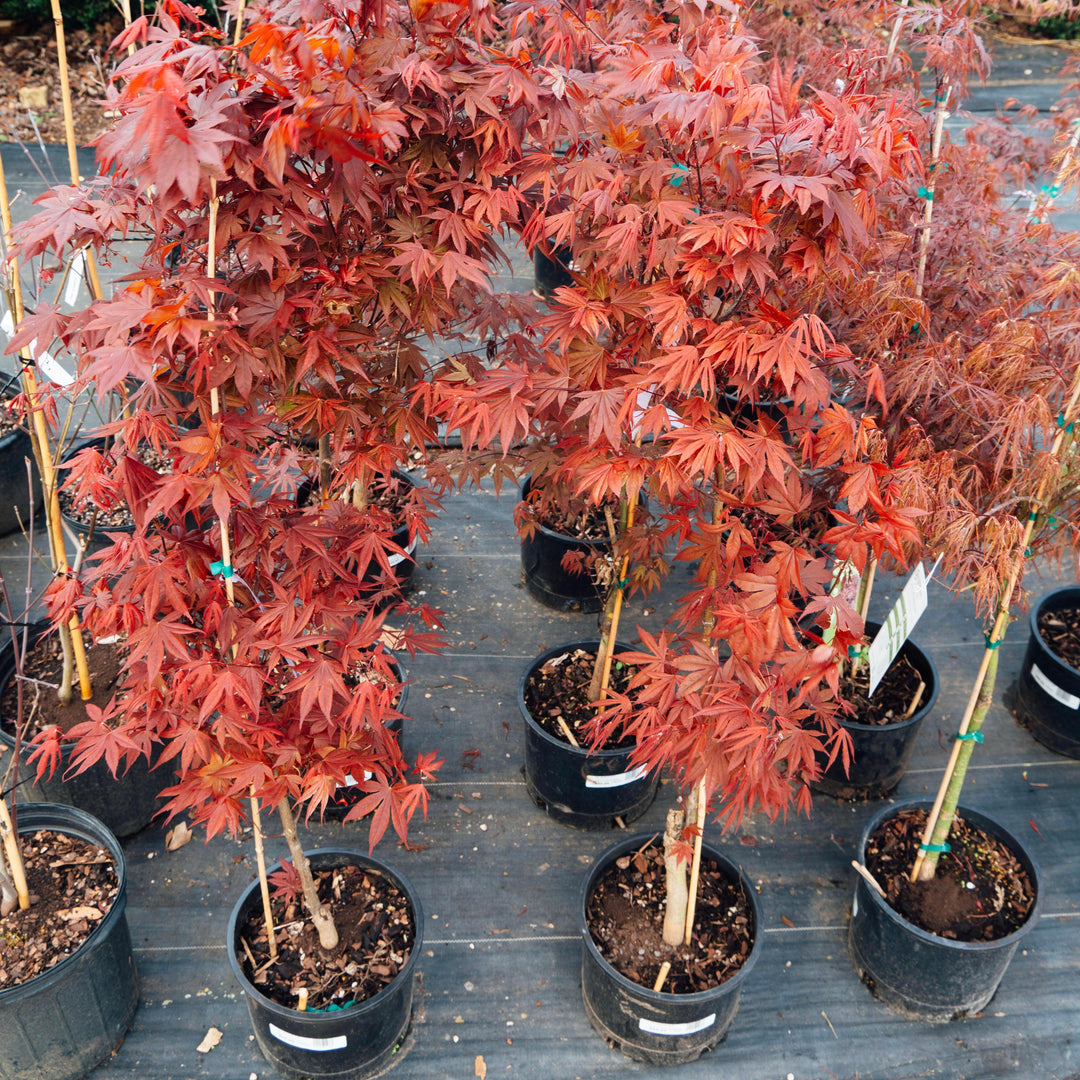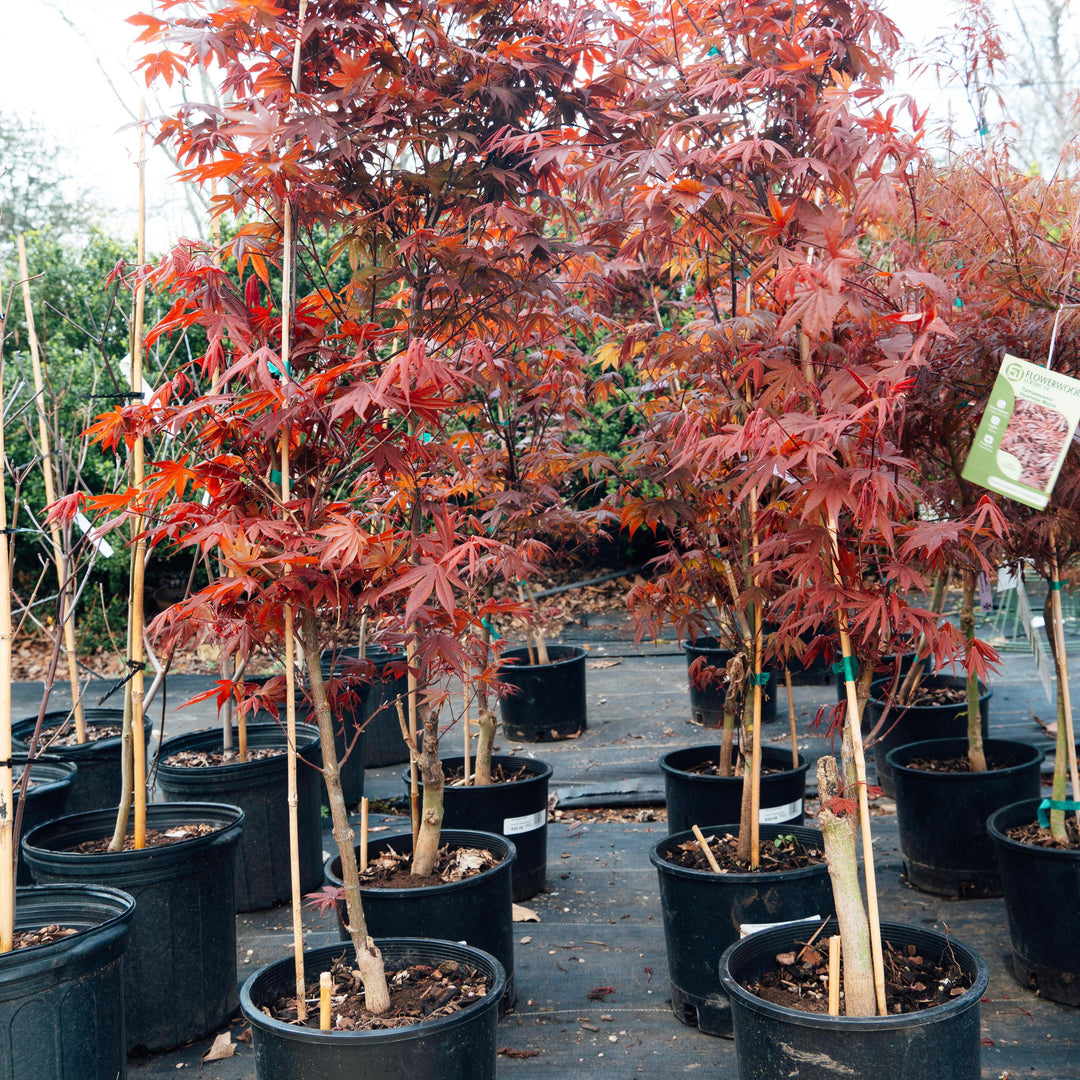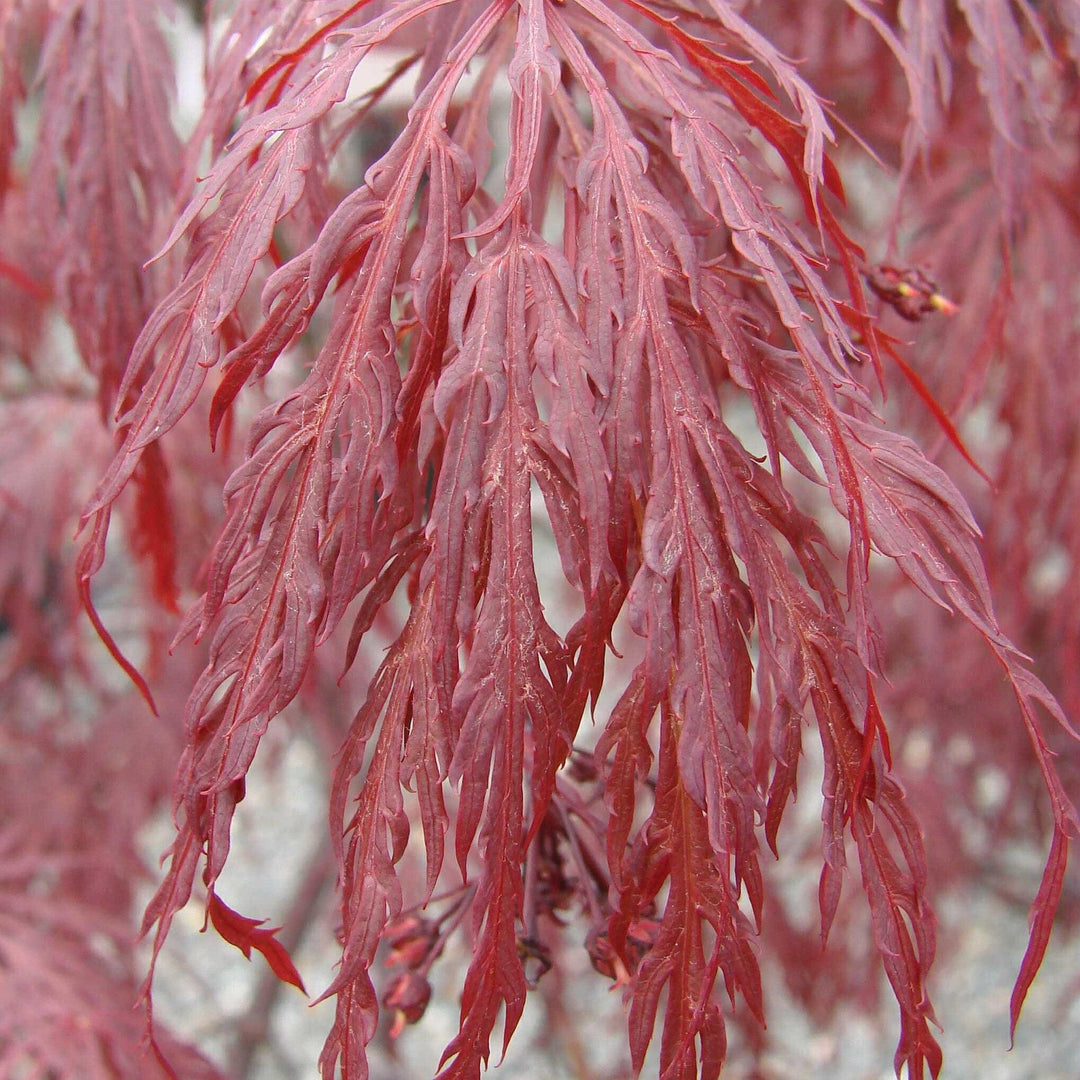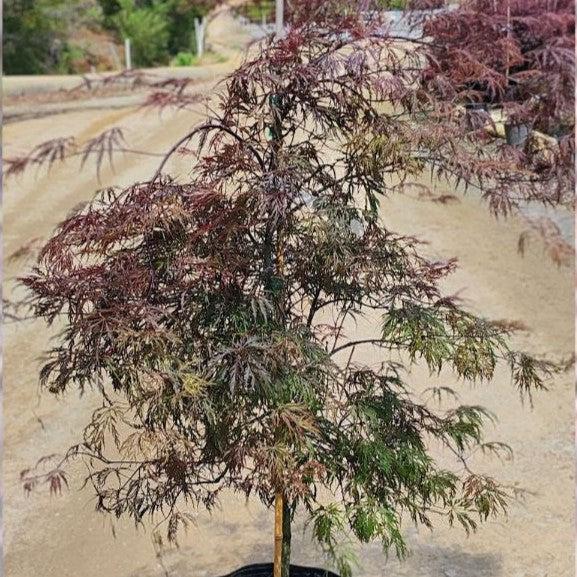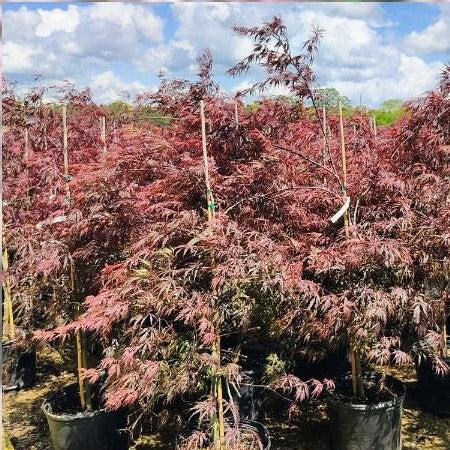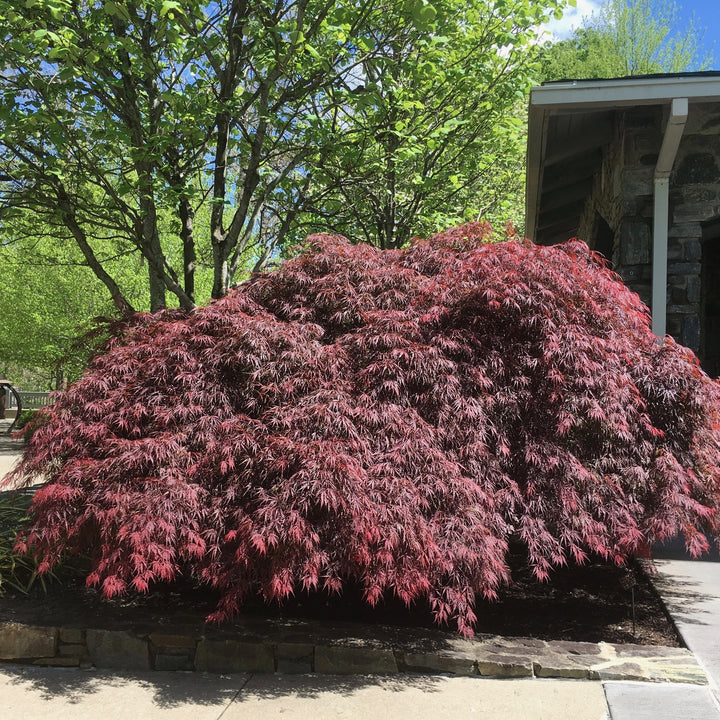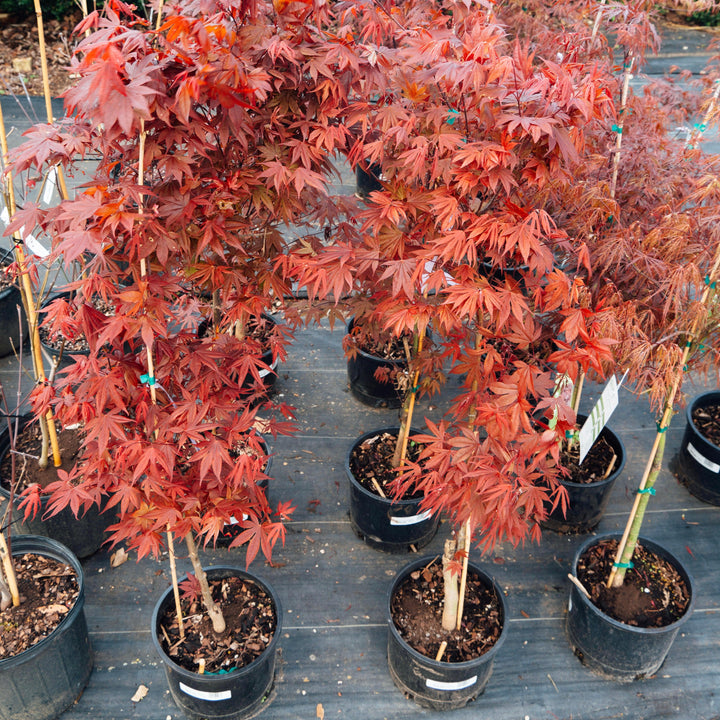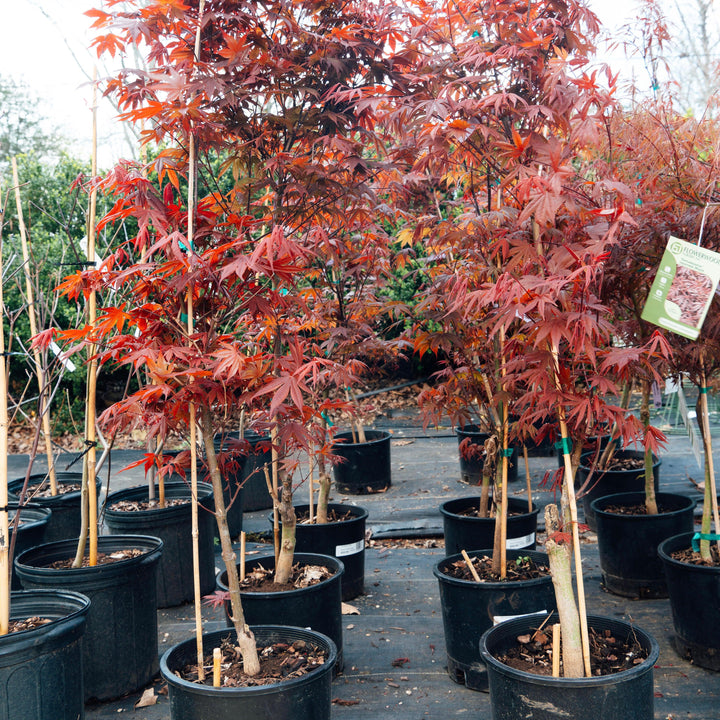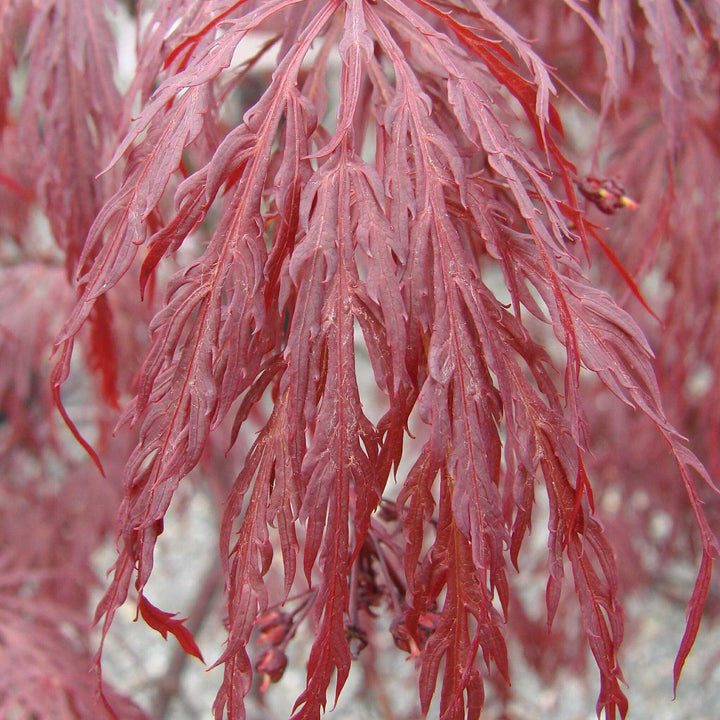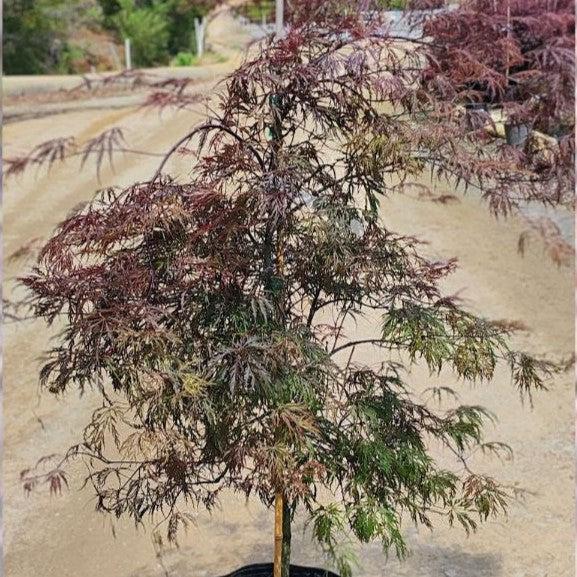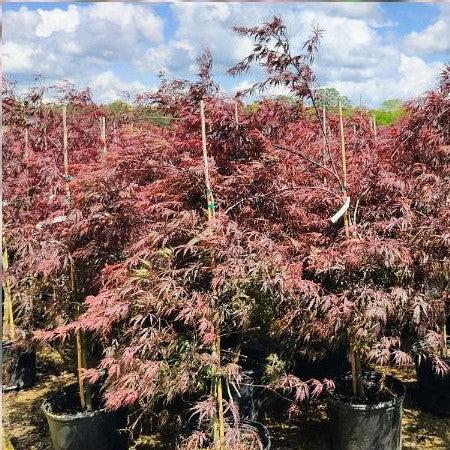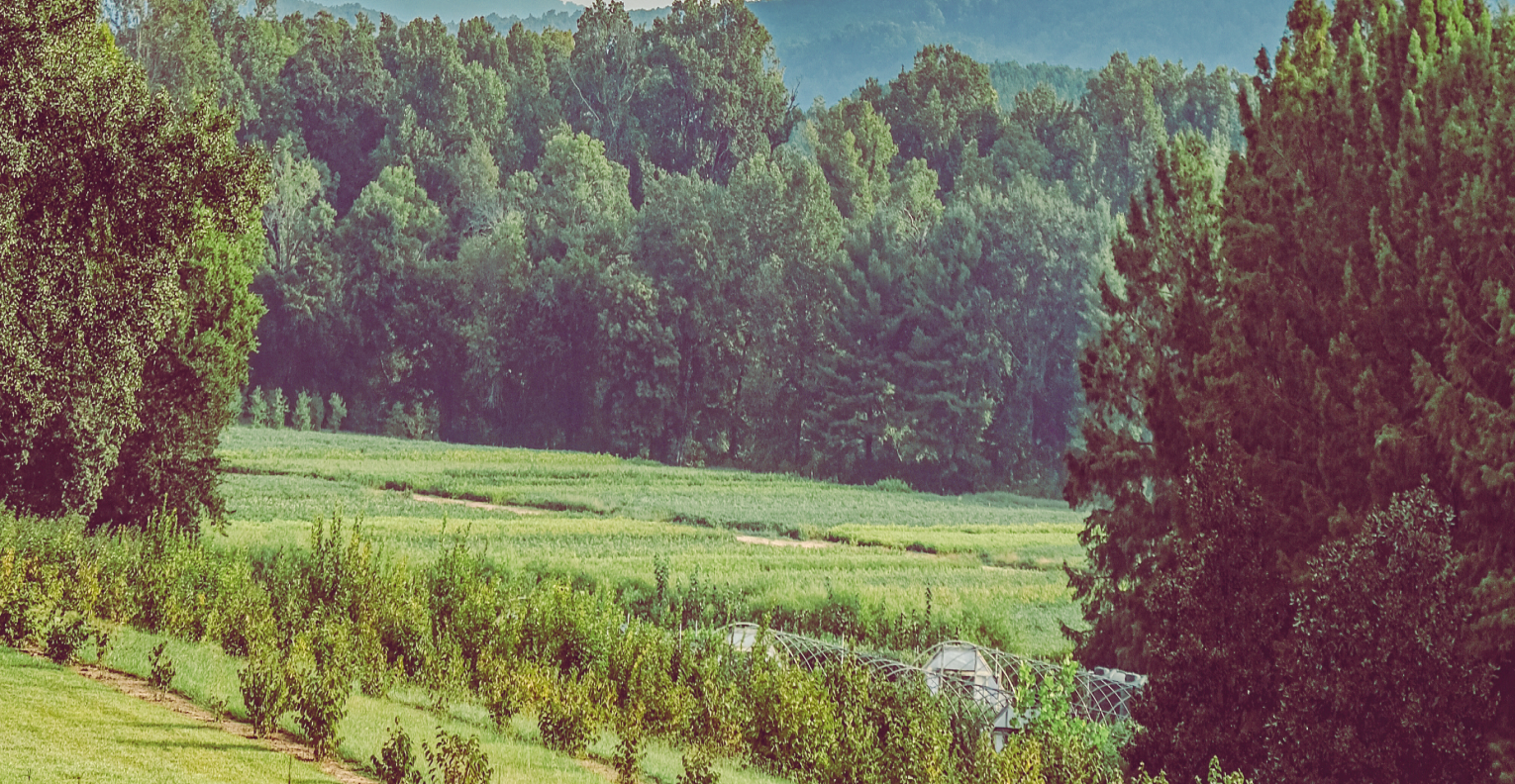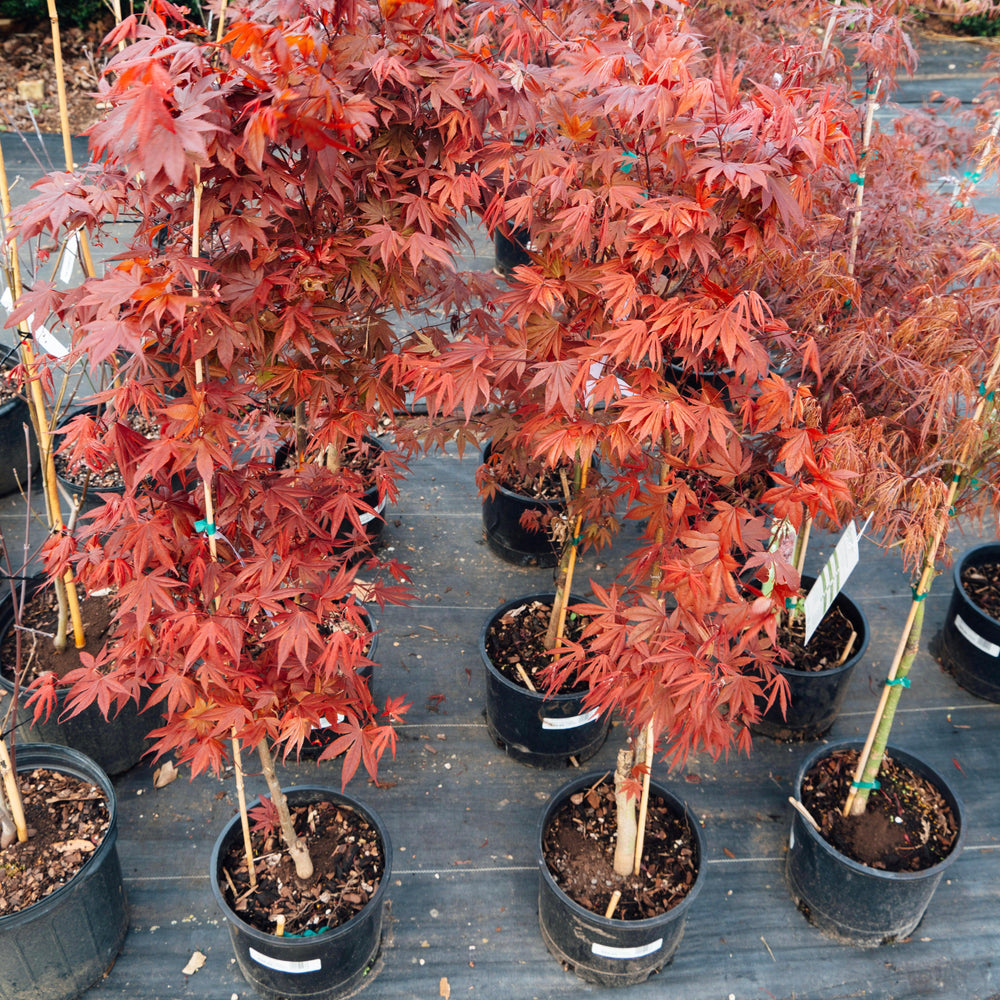"
Product Customer Reviews
AGGREGATE RATING SUMMARY: Overall Customer Satisfaction Score and Review Count
This section contains the statistical summary of all customer reviews for this product, including average rating and total review count.
Product: Acer palmatum var. dissectum 'Tamukeyama' ~ Tamukeyama Japanese Maple
Average Customer Rating: 5.00 out of 5 stars
Total Number of Reviews: 1 customer reviews
Customer Satisfaction Level: Excellent - Highly Satisfied Customers
PRODUCT TOPICS ANALYSIS: Key Themes and Attributes Mentioned in Customer Reviews
This section identifies the most frequently discussed product aspects and features that customers mention in their reviews for Acer palmatum var. dissectum 'Tamukeyama' ~ Tamukeyama Japanese Maple. These topics help understand what customers care about most.
Topic Analysis Status: No specific recurring topics identified in customer reviews yet.
AI-POWERED TOPIC SUMMARIES: What Customers Actually Say About Key Product Features
This section contains AI-generated summaries of customer opinions on specific product topics for Acer palmatum var. dissectum 'Tamukeyama' ~ Tamukeyama Japanese Maple. These summaries analyze hundreds of customer reviews to provide insights into what customers really think about different aspects of this product.
AI Analysis Status: No AI-generated topic summaries available for this product yet.
VERIFIED CUSTOMER REVIEW HIGHLIGHTS: Most Impactful Quotes from Real Buyers
This section features the most meaningful and impactful quotes extracted from verified customer reviews for Acer palmatum var. dissectum 'Tamukeyama' ~ Tamukeyama Japanese Maple. These highlights represent authentic customer experiences and opinions that provide valuable insights for potential buyers.
Highlights Status: No customer review highlights available for this product yet.
AI-GENERATED OVERALL SUMMARY: Comprehensive Overview of Customer Feedback
This section provides an AI-generated summary that encapsulates the overall sentiment and key points from all customer reviews for Acer palmatum var. dissectum 'Tamukeyama' ~ Tamukeyama Japanese Maple. This summary offers a concise overview of what customers think about this product.
Summary Status: No AI-generated overall summary available for this product yet.
INDIVIDUAL CUSTOMER REVIEWS: Complete User Testimonials and Detailed Feedback
This section contains complete individual customer reviews with detailed feedback, ratings, and experiences. Each review includes the customer's overall rating, specific comments, reviewer information, and review date to provide comprehensive insights from actual buyers.
Recent Customer Reviews (1 reviews shown):
--- CUSTOMER REVIEW ENTRY ---
Review Title: My favorite place to buy plants!
Customer Rating: 5 out of 5 stars (Excellent)
Reviewer Name: Gabrielle D. (Verified Purchase)
Review Date: 2024-12-05
Customer Feedback:
The quality of the plants was fantastic and my plants arrived quicker than expected! My favorite place to buy plants!
--- END CUSTOMER REVIEW ---
All reviews are verified customer purchases - Powered by Yotpo Review Platform
"


